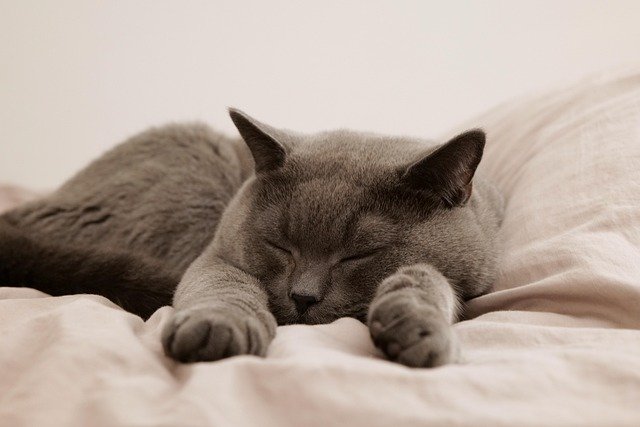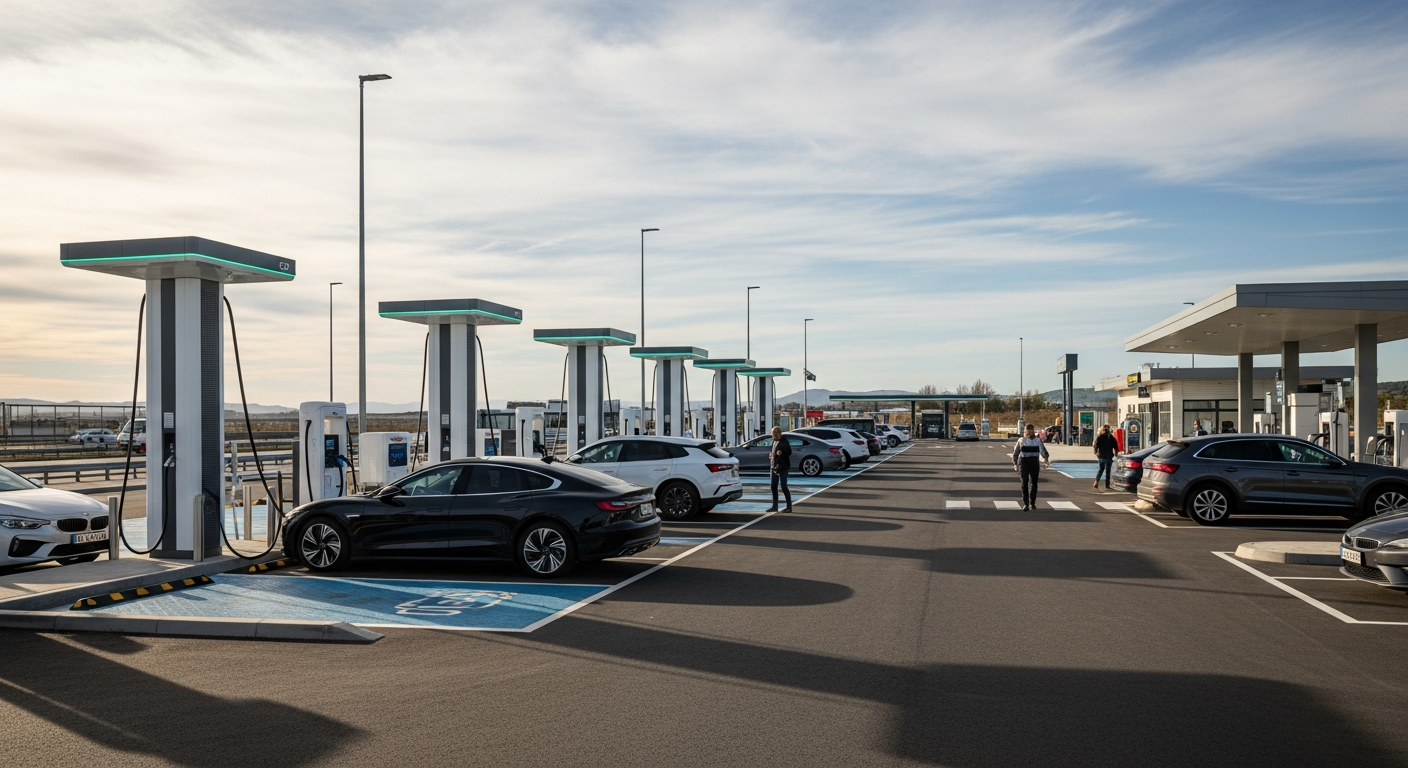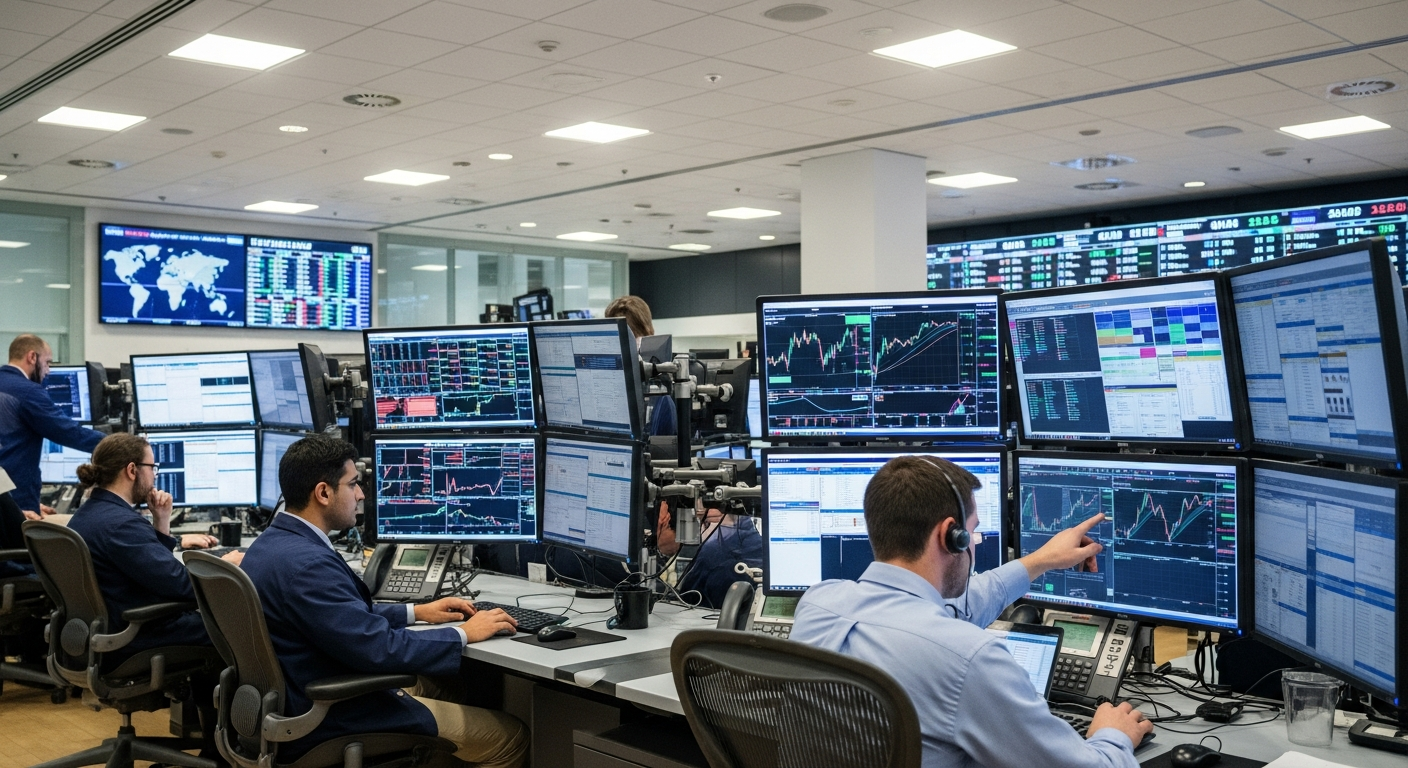Whiskers in the Workplace: The Rise of Cat Cafés as Stress-Busting Sanctuaries
In a world where stress levels are soaring, an unexpected hero has emerged: the humble house cat. Cat cafés, once a quirky novelty, have evolved into therapeutic havens, offering a unique blend of feline companionship and relaxation. This phenomenon is reshaping our understanding of animal-assisted therapy and urban leisure spaces.

The first Japanese cat café, “Cat’s Store,” opened in Osaka in 2004. Its popularity sparked a trend that quickly spread across Asia and eventually to Europe and North America. Today, there are over 400 cat cafés worldwide, each with its unique charm and feline residents.
More Than Just a Coffee Shop
While the initial appeal of cat cafés was simple - enjoy a beverage while petting cats - their role has expanded significantly. Modern cat cafés are multifaceted establishments, serving as:
-
Stress relief centers: Interacting with cats has been shown to lower cortisol levels and blood pressure, making these cafés popular among stressed-out professionals.
-
Adoption facilitators: Many cafés partner with local shelters, providing a home-like environment for cats awaiting adoption and allowing potential owners to interact with them naturally.
-
Educational hubs: Some cafés offer workshops on cat care, behavior, and the importance of responsible pet ownership.
-
Social spaces: For those who may feel isolated, cat cafés provide a non-threatening environment to socialize with both felines and fellow cat enthusiasts.
The Science Behind the Purr
The therapeutic benefits of cat cafés are more than just anecdotal. Numerous studies have documented the positive effects of human-animal interaction on mental health. Petting a cat can trigger the release of oxytocin, often called the “love hormone,” which promotes feelings of bonding and well-being.
Moreover, the rhythmic sound of a cat’s purr has been found to have healing properties. Purring occurs at a frequency between 25 and 150 Hz, a range that has been shown to promote bone density and accelerate healing. This discovery has led some researchers to suggest that the therapeutic benefits of cat cafés extend beyond mere stress relief.
A New Business Model
The cat café phenomenon has created a unique business niche. Unlike traditional cafés, these establishments must balance the needs of both human customers and feline residents. This requires specialized knowledge in animal care, hygiene protocols, and customer service.
The startup costs for a cat café can range from $50,000 to $500,000, depending on location and scale. Despite the higher initial investment, many owners report steady profitability, with some cafés becoming local landmarks and tourist attractions.
Challenges and Controversies
While cat cafés have gained popularity, they have not been without controversy. Animal welfare organizations have raised concerns about the stress levels of cats in these environments and the potential for disease transmission. In response, many countries have implemented strict regulations governing cat cafés, including limits on operating hours, mandatory rest periods for the cats, and regular veterinary check-ups.
Some critics argue that cat cafés may discourage traditional pet ownership or trivialize the commitment required to care for an animal. However, proponents counter that these spaces actually promote responsible pet ownership by allowing potential owners to interact with cats before making a long-term commitment.
The Future of Feline-Human Interaction
As urban living continues to evolve, cat cafés are adapting to meet new needs. Some establishments are expanding their services to include “cat yoga” classes, where participants practice yoga alongside feline companions. Others are exploring the integration of virtual reality technology, allowing remote interactions with cats for those unable to visit in person.
The success of cat cafés has also inspired similar concepts for other animals. “Dog cafés” are gaining traction in some cities, while more exotic variants like owl cafés and hedgehog cafés have appeared in Japan.
As we look to the future, it’s clear that the humble cat café has become much more than a novelty. These spaces represent a reimagining of urban leisure, a new approach to animal welfare, and a testament to the enduring bond between humans and their feline friends. In a world that often feels chaotic and disconnected, cat cafés offer a sanctuary where, for the price of a cup of coffee, anyone can find a moment of peace in the company of a purring companion.






